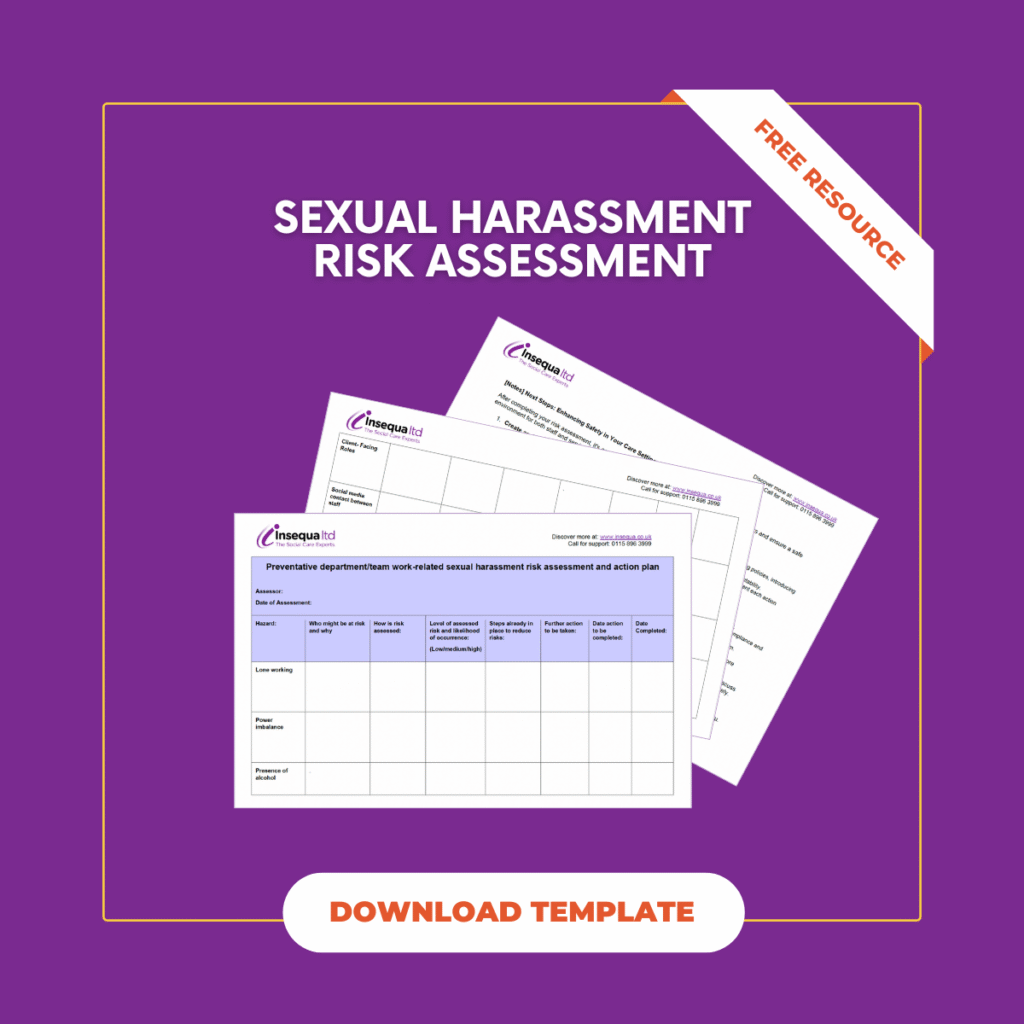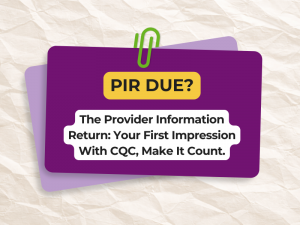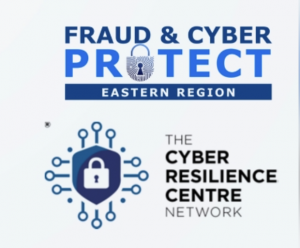From 26 October 2024, social care providers across the UK will need to take reasonable steps to prevent sexual harassment in the workplace. This is part of the Worker Protection (Amendment of Equality Act) Act 2023, which introduces a proactive approach to creating safer and more respectful environments for workers.
For the social care sector—where trust, dignity, and care are at the heart of everything we do—this new duty reinforces the importance of fostering positive workplace cultures. Below, we explore what this change means for care providers and how you can prepare to meet your responsibilities with confidence and care.
Key Resources for Social Care Employers
To help employers understand and implement the new duty, the Equality and Human Rights Commission (EHRC) has developed several practical resources:
1. Technical Guidance on Sexual Harassment and Harassment at Work
- A detailed guide featuring case studies and examples to help you understand the legal framework and what’s expected in practice.
- View the EHRC guidance: EHRC Technical Guidance
2. Employer 8-Step Guide: Preventing Sexual Harassment at Work
- A clear, concise guide offering practical steps to meet the new legal requirements.
- Access the 8-step guide: Employer 8-Step Guide
3. Risk Assessment Tools and Frameworks
- Guidance to help organisations identify risks, particularly in settings unique to social care, such as one-to-one care or interactions with service users and their families.
- Explore risk assessment resource: Sexual Harassment Risk Assessment Guide
What Does This Mean for Social Care Providers?
A Proactive and Ongoing Duty
This new obligation isn’t just about responding to incidents; it requires employers to anticipate and prevent situations where sexual harassment might occur. For social care providers, this means:
- Identifying specific risks, such as lone working, intimate care situations, or interactions with clients, visitors, or family members.
- Regularly reviewing and updating policies, procedures, and training to reflect the realities of your care environment.
It’s important to remember this isn’t a one-off process. Risk assessments, staff engagement, and proactive measures will need to be an ongoing part of your organisational culture.
Covering All Workers
The new duty applies to everyone in your workforce, including employees, agency staff, volunteers, and contractors. This is especially relevant in the care sector, where roles are diverse, and workers often come from varied professional and personal backgrounds.
Third-Party Harassment
Social care settings can present unique challenges when it comes to third-party harassment. Employers will need to consider how to prevent harassment from service users, family members, contractors, and visitors. This adds an additional layer of responsibility, requiring tailored approaches to mitigate risks effectively.
Why Compliance Matters
Failing to take reasonable steps to prevent sexual harassment can lead to significant consequences:
- Tribunal Uplifts: If a worker successfully brings a harassment claim, tribunals can increase compensation by up to 25% if employers are found not to have taken reasonable steps.
- Regulatory Action: The EHRC has the authority to enforce compliance, whether or not any incidents have occurred.
- Reputational Damage: In the social care sector, trust and credibility are everything. Non-compliance risks damaging relationships with staff, service users, and the wider community.
What Should Social Care Employers Do?
Carry Out Comprehensive Risk Assessments
Risk assessments are the foundation of compliance. For social care providers, this means evaluating risks across different settings, such as care homes, domiciliary care, or supported living services. Key considerations include:
- Environment-specific risks: Working alone, delivering intimate care, or supporting individuals with behavioural challenges.
- Third-party interactions: Managing risks posed by service users, families, or external contractors.
- Workforce vulnerabilities: Identifying power imbalances or cultural dynamics within your teams.
Engage with your staff during this process to ensure the risk assessment reflects the realities of their roles.
Develop a Tailored Action Plan
An action plan will help you map out the steps needed to address identified risks. This plan should:
- Clearly set out the measures you’ll take to prevent harassment.
- Explain how these measures will be monitored and reviewed.
- Be shared with your workforce, demonstrating your commitment to creating a safe and respectful environment.
Update Policies and Procedures
Your anti-harassment policies should reflect the specific needs of your organisation and explicitly address sexual harassment. For social care providers, this might include:
- A section on preventing harassment from third parties, such as service users or their families.
- Clear and accessible reporting mechanisms, ensuring staff know how to raise concerns.
Make sure your policies are reviewed regularly and communicated effectively across your organisation, from senior managers to frontline staff.
Invest in Ongoing Training
Training is crucial to building awareness and empowering your workforce. Sessions should cover:
- Recognising and addressing sexual harassment.
- Reporting concerns confidently and without fear of retaliation.
- Promoting dignity and respect in everyday interactions.
Consider tailoring your training to address scenarios common in social care, such as handling difficult conversations or setting boundaries with service users.
Create Open Communication
Engaging with your workforce is vital to understanding where issues might arise. Create opportunities for honest feedback through:
- Staff surveys, anonymous reporting tools, and one-to-one discussions.
- Regular team meetings and check-ins with line managers.
By encouraging open dialogue, you can identify risks early and build a culture where everyone feels safe and supported.
How Insequa Can Support You
We understand the unique challenges social care providers face when implementing new compliance measures. At Insequa, we’re here to support you every step of the way. Our tailored services include:
- Policy Development: Crafting bespoke anti-harassment policies designed for the complexities of social care.
- Risk Assessments: Providing tools and guidance to identify and mitigate risks unique to your organisation.
- Training Solutions: Delivering engaging, sector-specific training that empowers your workforce and promotes a culture of respect.
- Mock Audits and Reviews: Ensuring your organisation is prepared to demonstrate compliance while building a safer, more inclusive workplace.
By partnering with Insequa, you can focus on what matters most—delivering outstanding care—while ensuring your organisation meets its legal obligations and protects its valued workforce.
Let’s Work Together
Contact Insequa today to find out how we can help you navigate these changes with confidence and care.







